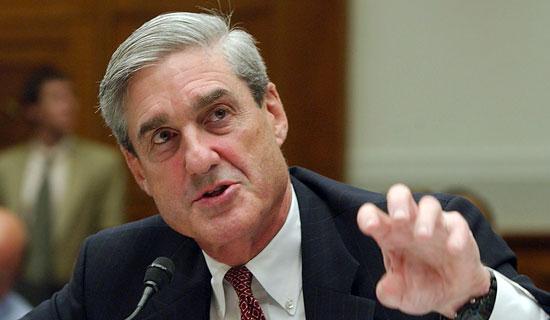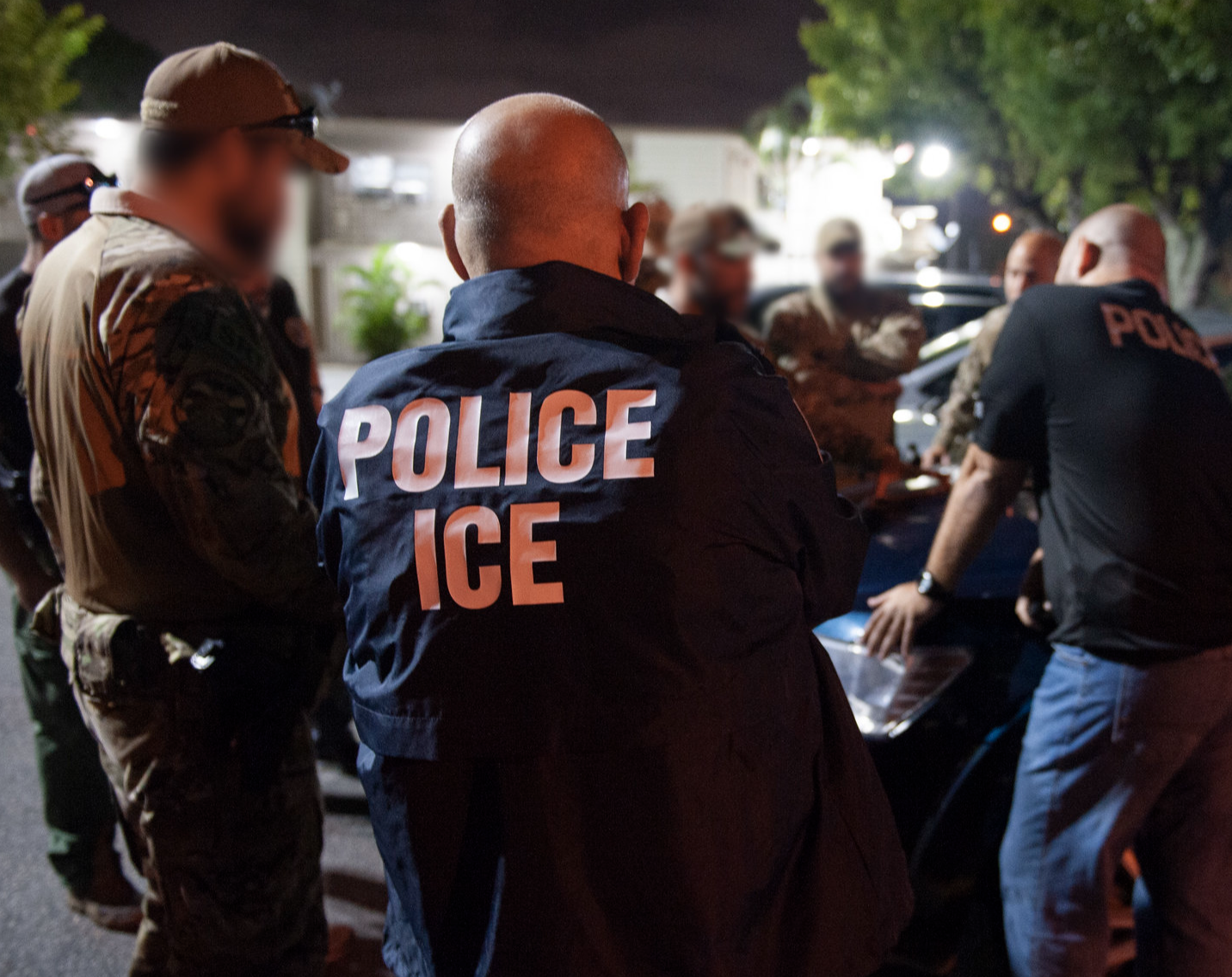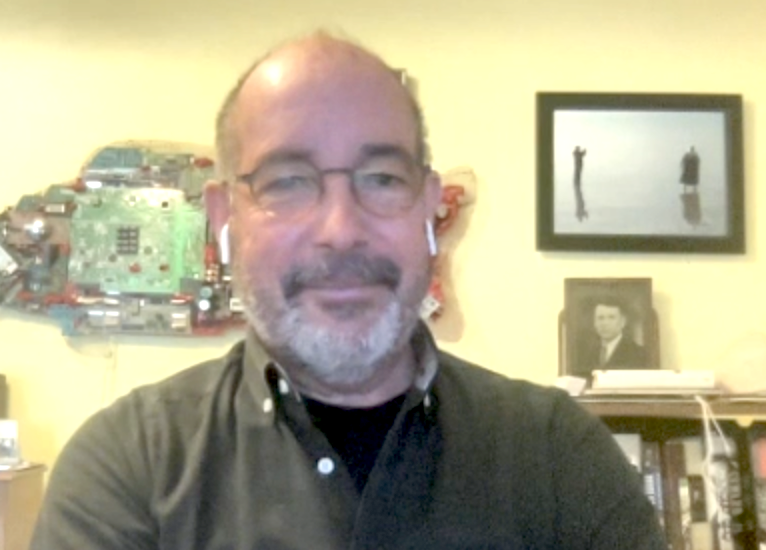 By Allan Lengel
For AOL News
By Allan Lengel
For AOL News
WASHINGTON — To cheat or not to cheat on an open-book exam.
That is no longer an issue among FBI agents around the country now that the test is long over. Now the question is, should those who did cheat on the FBI exam last year — and they could number in the hundreds — be punished? Opinions inside the bureau are mixed and plentiful.
“I think someone should get punished,” one FBI agent, who asked not to be identified, told AOL News, adding that the instructions for the test on bureau procedures were clear: You had to take it by yourself. “There are agents who worked hard and took the test on their own. There’s no excuse.”
But others disagree, including one agent who said it was “just goofy” to be accused of cheating on an open-book, multiple-choice exam. Another agent concurred, saying “the whole test is a joke” and that some employees may have found the test-taking instructions confusing and should simply be required to retake the exam if they collaborated with others.
The agents interviewed for the story, who are stationed in different parts of the country, spoke on the condition that they not be named because of the sensitivity of the issue and because they are not authorized to speak to the press on the matter.
The scandal, which has become an embarrassment to the nation’s premier law enforcement agency, centers on a Justice Department inspector general probe into allegations that FBI agents and some support staff cheated on a mandatory open-book exam on FBI procedures by either working together or getting the questions or the answers beforehand — all in violation of bureau policy.
The test was on the Domestic Investigation and Operations Guide, which outlines procedures for agents to conduct surveillance and open files on Americans for national security purposes without evidence of criminal wrongdoing.

Agents and some support staff underwent 16 hours of training last year before taking the test on their computers. They were allowed to use any reference material, but were not supposed to work together. In fact, the last question on the test — No. 51 — asks whether they worked alone.
Those who failed the test — and there were certainly some who did — were allowed to keep taking it over again until they passed. Most agents and staff members took at least three hours to complete the test.
“Rumors are that a lot of guys had the answers and took the test in under an hour,” one veteran FBI agent said. “If you took the test in under an hour, there was something wrong. They didn’t even read the questions.”
“They should just make them take it again,” the agent said.
The results of the Justice Department probe are not yet in, and the decision as to what will eventually happen to the cheaters is unclear. Ultimately, the FBI will decide.
But FBI Director Robert S. Mueller III, who also took the test, may face a dilemma if the agency goes too easy — or gives an outright pass — to potentially hundreds of agents and employees, considering that the bureau took a hard stance last fall when it suspected that three top managers at the Washington field office had cheated and may have received help on the exam from an FBI lawyer or somehow worked together.
One of the agents, Joseph Persichini Jr., who headed the field office, had planned on retiring anyway in the next year. But headquarters, according to sources, pressured him to leave earlier.
Two other high-ranking members of management team, both special agents in charge — Andrew Castor and Keith Bryars — were removed from the Washington field office and reassigned to headquarters pending the outcome of the matter.
At present, both have landed “acting” deputy assistant director jobs — one at headquarters and one at Quantico, Va. Some in the rank and file at the bureau have perceived it as a promotion — a move they think sends the wrong message.
Publicly, at least, it appeared the incident at the Washington field office was an isolated one. But late last month, The Associated Press reported that Justice Department Inspector General Glenn Fine was looking into cheating involving potentially hundreds of agents.
The story was based on a May 13 letter from the FBI Agents Association, which suggested that the inspector general go easy and focus on “how and why that failure occurred,” insisting the FBI failed to “clearly convey the testing rules” requiring employees to “work alone or not collaborate with others.”
It went on to mention that the Columbia, S.C., FBI office had printed a copy of the test for agents to study from, which ended up being a violation of the rules. It said agents had been under the impression that it was OK.
“There are similar stories for practically every office, demonstrating the pervasive confusion and miscommunication that existed,” said the letter signed by Konrad Motyka, president of the FBI Agents Association.
The FBI declined to comment for this story and instead referred to Director Mueller’s comments on July 28 before the Senate Judiciary Committee, which included his read on how many employees were involved.
“I’ve got a general idea, but I do not know how many,” Mueller testified. “And I am not certain the IG knows how many either. He has pointed out instances orally to me where there may be persons in a particular office where it was widespread and may be attributable to a lack of understanding and confusion about the procedures.”





It was my understanding that if you were under any type of investigation (OPR or EEO) you could not get a promotion. Both Castor and Bryars were defacto promoted. It appears once again that the rules dont apply to upper management (SES). If these individuals had been SA’s they would not have been promoted.